
「~(ら)れます」 尊敬V
(~(ra)remasu) honorific verb
文型-1
Sentence style-1

田中さんは?
How about Tanaka?
出張にいきましたよ。
He has gone to business trip.
課長は?
How about Boss?
課長も 出張に 行かれました。
Boss has gone to business trip.
これを見てわかる通り、英語には敬語表現がない。
As you can see, there are no honorific expressions in English.
例文-1
Example-1

あの映画は とても 人気です。
That movie is very popular.
友達に 質問します。 「 この映画 もう 見ましたか。」
You ask your friend. “Did you watch the movie?”
先生に 質問します。 「 この映画 もう 見られましたか。」
You ask your teacher. “Did you watch the movie?”
~られる
“~rareru”

鈴木さんは 会社を 辞められる そうです。
Suzuki seems to quit the company. ”Yamerareru”

時間が かかりますかが、 待たれますか。
It will take time, but would you mind to wait? ”Mataremasuka”

③急がれますか。 お先に どうぞ
Would you be in a hurry? After you. ”Isogaremasuka”

校長先生は もう 来られましたか。
Has the principal come yet? ”Koraremashitaka”
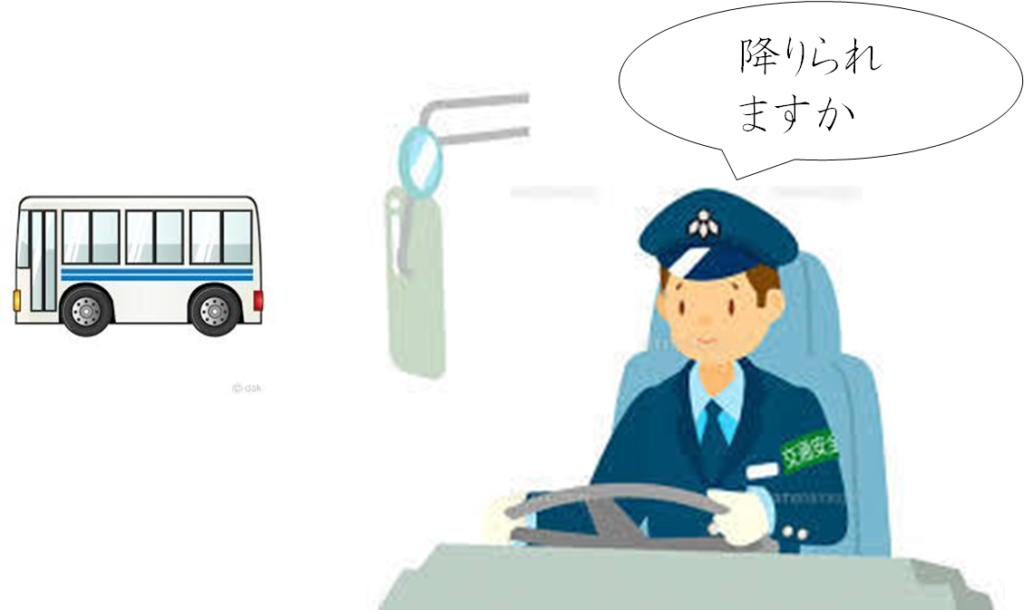
ここで 降りられますか。
Would you get off here? ”Oriraremasuka”

詳しい説明を しますが、 聞かれますか。
I will give you a detailed explanation, but would you like to ask? ”Kikaremasuka”

この 雑誌は もう 読まれましたか。
Did you read this magazine yet? ”Yomaremashitaka”

もう あの島へは 行かれましたか。
Have you been that island yet? ”Ikaremashitaka”

ここの お魚は もう 食べられましたか。
Have you been eaten fish here? ”Taberaremashitaka”
「お(Vます形)になります」
(O~ ni naru) honorific verb
文型-2
Sentence style-2

社長が 海外出張に 出られています。
The president is on an overseas business trip.
今日、会社に 戻る 予定です。
The president is planning to return to the company today.
社長が いないと 会社が 回りません。
The company will not turn around without the president.
社長は もう お戻りに なりましたか。
Has the president returned?
「お~になります」 は 敬語動詞「~(ら)れます」に比べて、高い敬意を表す。
“O ~ ni naru” represents a higher respect than honorific verb “~(ra)remasu”.
例文-2
Example-2

沖縄には 何度か お出でに なりましたか。
Have you been to Okinawa several times?
いいえ、 初めてです。
No, this is my first time.
初めて お出でに なりましたか。
Did you come to Okinawa for the first time?
お~になる
“O ~ ni naru”
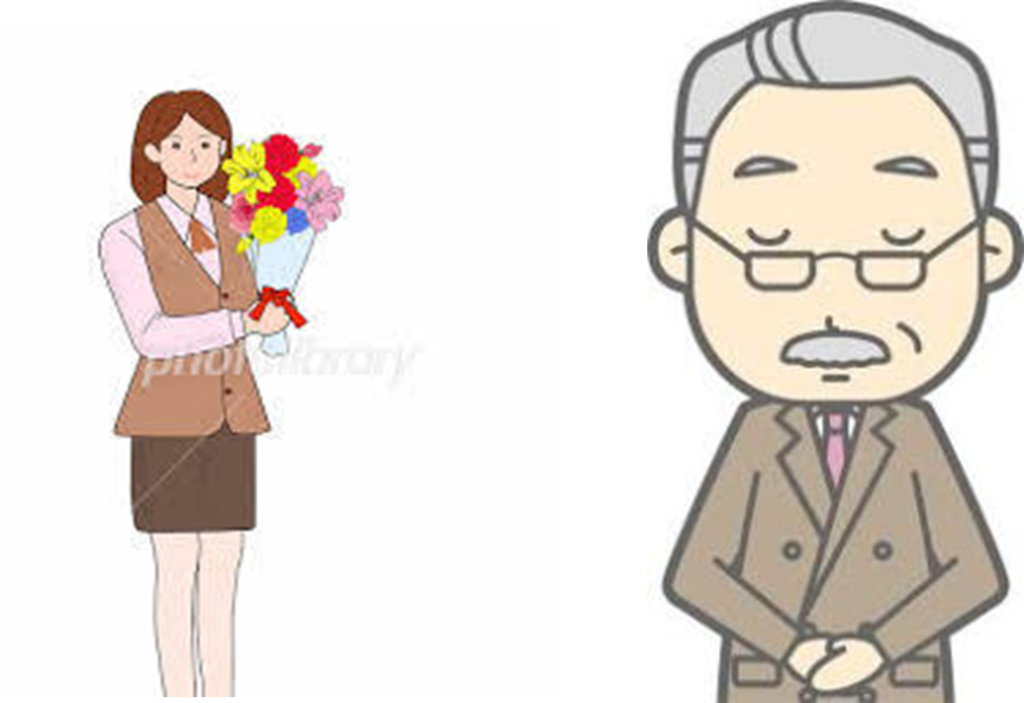
社長は 会社を おやめに なるそうです。
The president seems to leave the company. ”O yame ni naru”

お時間が 掛かりますが、 お待ちに なりますか。
It will take time, but would you mind to wait? ”O machi ni naru”
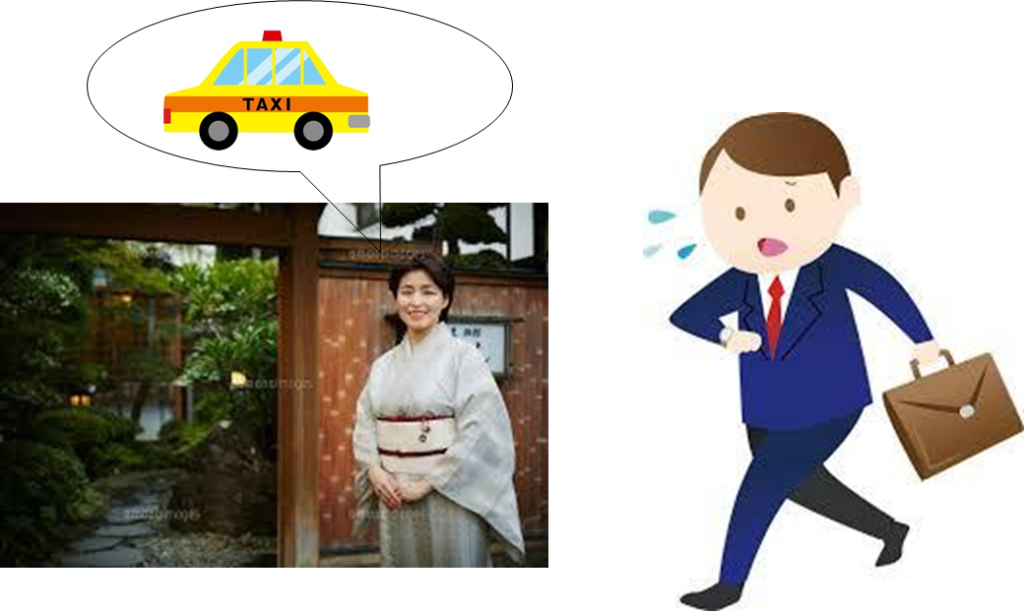
お急ぎに なりますか。 タクシーを お呼びしますか。
Would you be in a hurry? Would you like let me call a taxi? ”O yobi shimasuka”
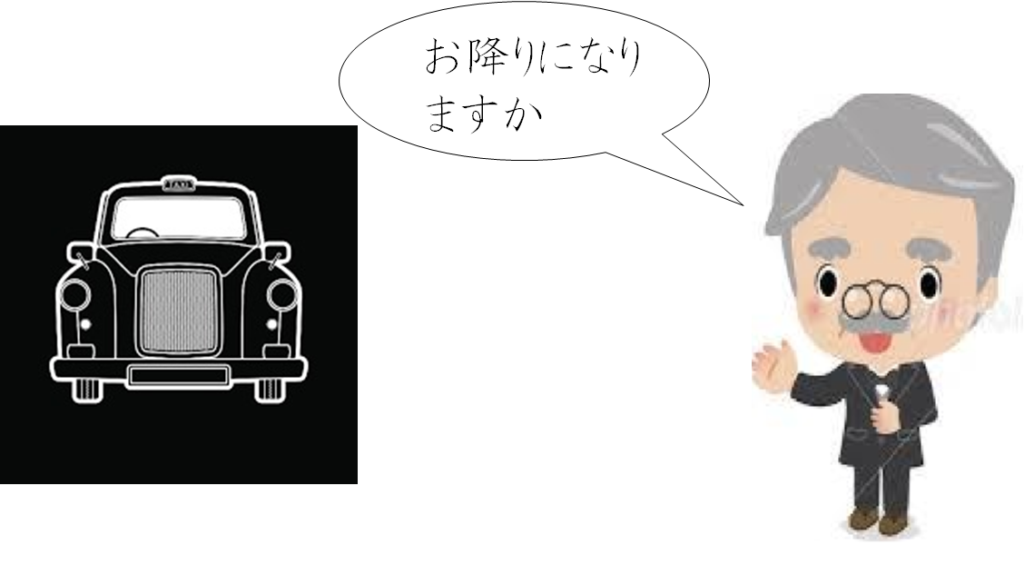
ここで お降りに なりますか。
Would you get off here? ”O ori ni naru”

詳しい 説明を お聞きに なりますか。
I will give you a detailed explanation, but would you like to ask? ”O kiki ni naru”
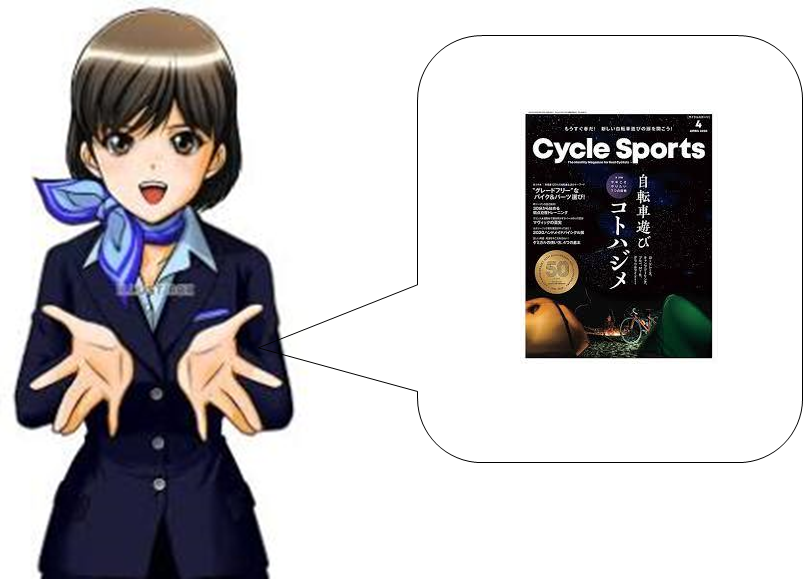
この雑誌は もう お読みに なりましたか。
Did you read this magazine yet? ”O yomi ni naru”

もう あの 島へは お行きに なりましたか。
Have you been that island yet? ”O iki ni naru”

ここの お魚は もう お食べに なりましたか。
Have you been eaten fish here? ”O tabe ni naru”
特別な尊敬語
Special respect words
文型-3
Sentence style-3

社長は いらっしゃいますか。(いますか)
Is there a president?
社長は 何を 召し上がりますか。(食べますか)
What does the president eat?
社長は ポーランドについて よく ご存じです。(知っていますか)
The president is familiar with Poland.
社長は 明日 ポーランドへ 出張なさいます。(出張します)
The president will be on a business trip to Poland tomorrow.
例文-3
Example-3

映画の アンケートに お答え いただけますか。
Could you answer the movie questionnaire?
・・・ ええ、 いいですよ。
Yes, OK
どなたと 映画を ご覧に なりますか。
Who would you like to watch the movie with?
・・・ そうですね。妻や 家族と 見に 行きます。
Yeah. I go to watch the movie with my wife and family.
どんな 映画を ご覧に なりますか。
What kind of movies do you watch?
・・・ この まえは ディズニーの 映画を 見ました。
Last time we watched a Disney movie.
例文-4
Example-4

あら、 田中さんの 奥様 お久しぶりです。
Oh, Mr. Tanaka’s wife, it’s been a long time.
・・・ お久しぶりです。 高橋さんの 奥様
Long time no see. Mr. Takahashi’s wife
富永さんが お引越しされたのを ご存じですか。
Did you know that Mr. Tominaga has moved?
・・・ いいえ、 知りませんでした。
No, I don’t know.
返事は「知っています」「聞きました」「知りませんでした」
The reply is “I know(Shitte imasu)”, “I heard(Kiki mashita)”, “I didn’t know(Shirimasen deshita)”.
例文-5
Example-5

今度 隣に 引っ越して 来た 富永です。
This time, I’m Tominaga, who has moved next to you.
よろしく お願いします。
Nice to meet you.
失礼ですが、 お名前は 何と おっしゃいますか。
Excuse me, but what do I say your name?
・・・ 高田と いいます。
My name is Takada.
高田さん よろしく お願い します。
Mr. Takada, nice to meet you.
・・・こちらこそよろしくお願い します。
Welcome, Mr. Tanaka.
例文-6
Example-6

高田さん、 お仕事は 何を なさって いますか。
Mr. Takada, what are you doing at work? (do ⇒ ”Nasaru”)
教師です。 高校で 数学を 教えています。
I’m a teacher. I teach math in high school.
田中さんは
How about Mr. Tanaka?
・・・ 会社員です。 FTに 勤めています。
I’m an office worker. I work for FT.
「お(Vます形)/ごNください」
Please (O(Vmasu)/Go(N))
文型-4
Sentence style-4

わたしは ホテルの 受付で アルバイトを して います。
I have a part-time job at the hotel reception.
お客さんが 言います。
The customer says.
「空港まで タクシー1台、 お願いします。」
Please take a taxi to the airport.
わたしは言います。 「はい、 しばらく 待って ください。」
I say “Yes, wait for a while,please.”
しばらくお待ちになってください。
Please wait for a while.
もっといい言い方が あります。
There is a better way to say it.
「しばらく お待ち ください。」
Please wait for a while.
ホテルを出るとき、 忘れ物を する 人が 多いです。
Many people forget things when they leave the hotel.
「忘れ物に 注意して ください。」
Please be careful about what you have left behind.
Please be careful ⇒ ”Chui site kudasai”
もっと いい 言い方が あります。
There is a better way to say it.
「忘れものに ご注意 ください。」
Please be careful about what you have left behind.
Please be careful ⇒ ”Go chui kudasai”
Ⅰ、Ⅱグループのときは
For the verbs in group I and II, use “O + Vmasu”
Ⅲグループの時は
For the verbs in group III, use “Go + noun”.
例文-7
Example-7

あの、 パソコンを 貸して いただけますか。
Could you lend me a computer?
・・・ では、 こちらの パソコンを お使い ください。
Then, please use this personal computer.
Please use ⇒ ”O tsukai kudasai” ⇒ ”O + kudasai”
・・・ では、 こちらの パソコンを ご使用 ください。
Then, please use this personal computer.
Please use ⇒ ”GO shiyou kudasai” ⇒ ”Go + kudasai”
ことばを覚えよう。

漢字の練習をしよう。

文の形を覚えよう。

耳で覚えよう。

日本語教師 教師用教案


コメント